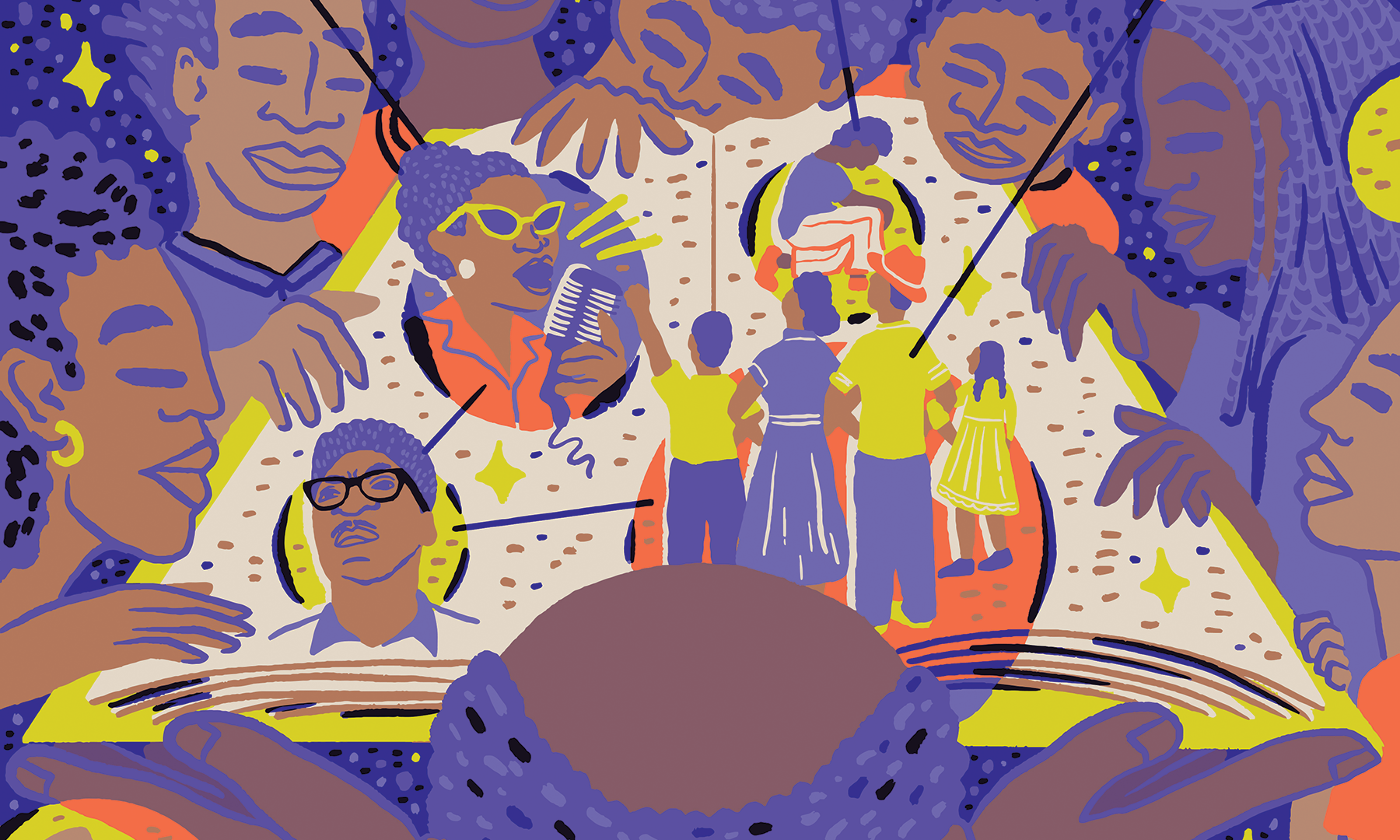
To achieve the vision of a just society, young people need the tools to build a multiracial and inclusive democracy. Learning honest history—history that is accurate, comprehensive and inclusive of perspectives beyond traditional, dominant narratives—helps students to understand the forces that shape our world and to make connections between the past and the present. In today’s political environment, with numerous states censoring teaching accurate history and critical learning about race and racism as well as gender and identity, fighting for young people’s rights to research-based practices and inclusive education is essential.
“History is not the past. It is the present. We carry our history with us. We are our history.” James Baldwin
Because educators play a crucial role in helping children develop an understanding of the world, schools have been, and continue to be, one of the battlegrounds for justice. While some politicians and other powerful people seek to erase truths from history and limit discussions that include historically underrepresented communities, surveys and research have consistently shown that the majority of parents and caregivers in the U.S. support honest and inclusive education—including teaching about difficult topics such as the history and impact of slavery and the ongoing effects of racism.
At Learning for Justice, we aim to support educators in facilitating these critical conversations with students. While some argue that unpleasant facts about our nation’s past have no place in schools, most people agree that students deserve to know the truth. We can’t build a just future on a foundation of false narratives. By confronting our history directly, students learn to recognize and celebrate legacies of justice and to understand and analyze legacies of injustice. In doing so, they can take informed action as they become global citizens and future leaders. Equipped with accurate historical knowledge, today’s young people can uphold their civic responsibility by continuing to build on historical rights and avoiding and correcting historical wrongs.
Honest and inclusive history education is fundamental to ensuring that students learn from our past, understand how it influences the present and work together to build a better future. Honest history is not something to shy away from nor to avoid teaching for fear of backlash. It is critical that honest histories are communicated with families, caregivers and community members to increase their impact throughout the school community. Developing relationships and open communication can build strong bridges to ensuring that honest history is not just accepted but is ingrained in curricula.
We hope this guide will help educators realize the power they hold to work toward the honest history education that our young people deserve. Together with students, families, colleagues and community supporters, educators can advocate for honest, accurate and fully funded education that meets every child’s needs and provides the training, curricula and resources educators need to reckon with our past and transform our future.
Note: The resources and information in this guide are promising practices that are strongly encouraged where allowed by law. This guide, however, does not constitute legal advice. Unfortunately, even though the Constitution protects students’ right to learn, many states have sought to restrict those rights and censor materials in ways that may impact educators’ ability to use these resources. Consult your union or a licensed attorney in your jurisdiction about any applicable laws and how they may affect your ability to have these classroom discussions. Parents and caregivers may be powerful allies in ensuring truthful histories continue to be taught—even if that teaching occurs outside of classrooms until ambiguous and confusing censorship laws are struck down as unconstitutional.